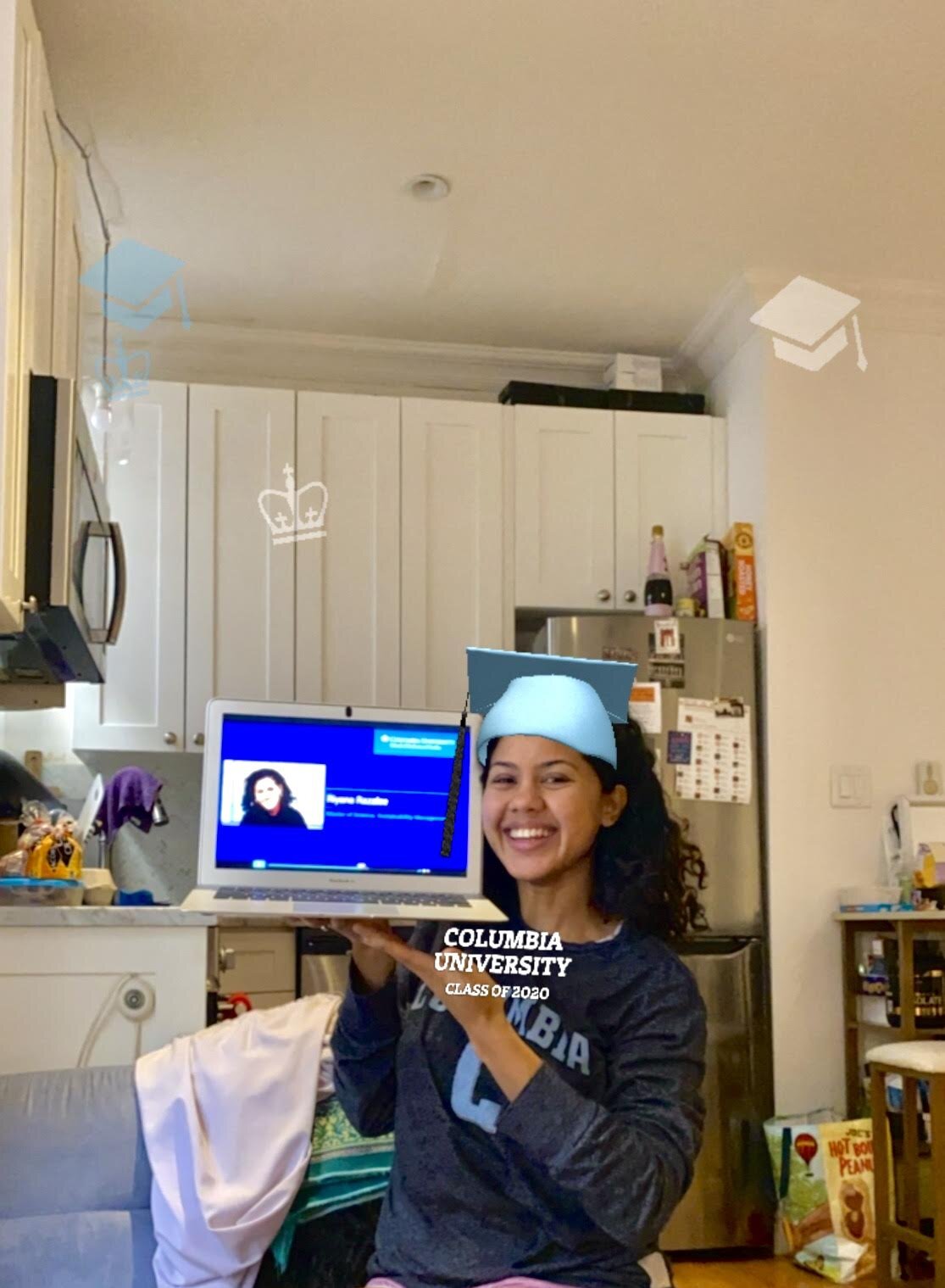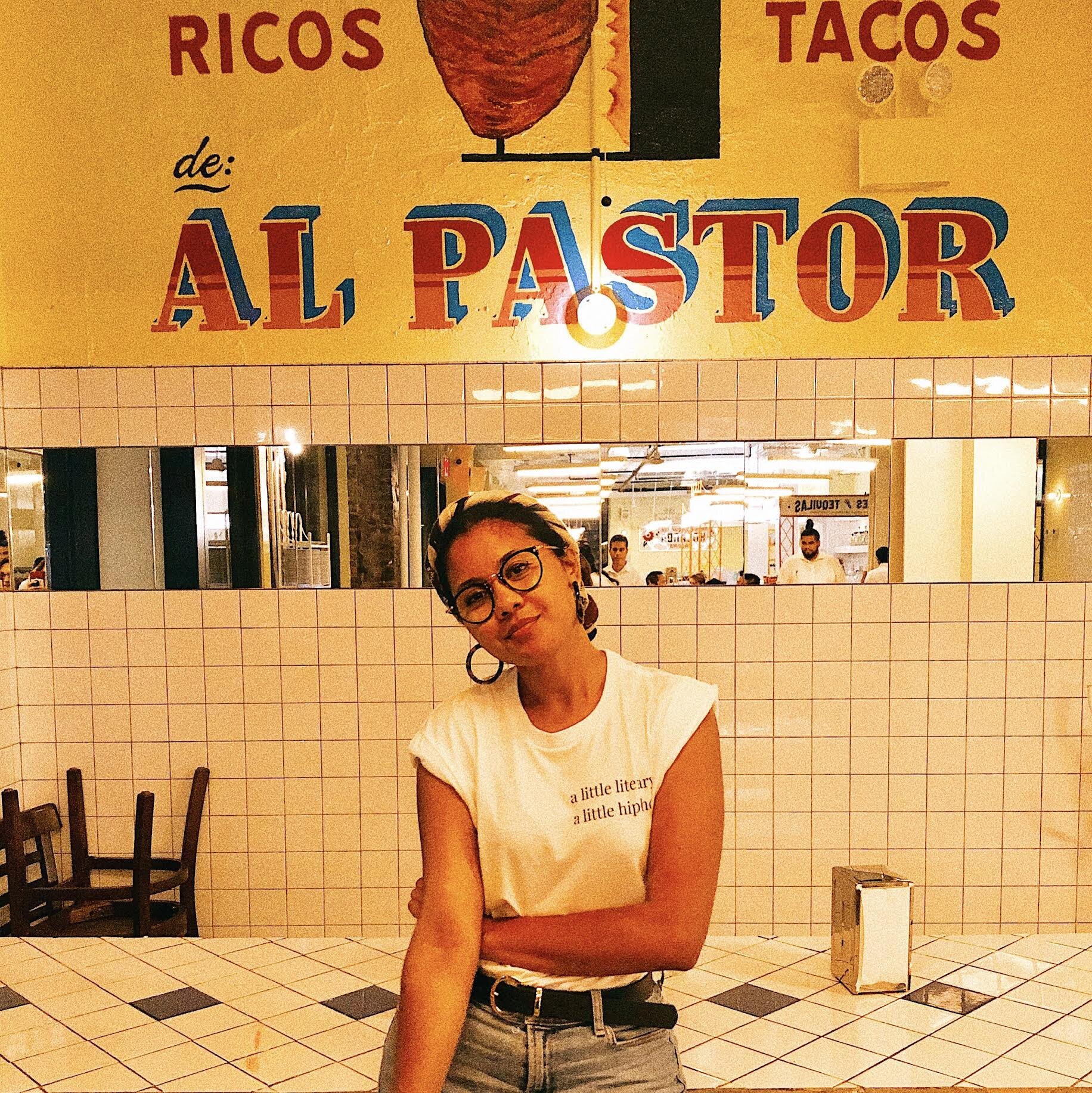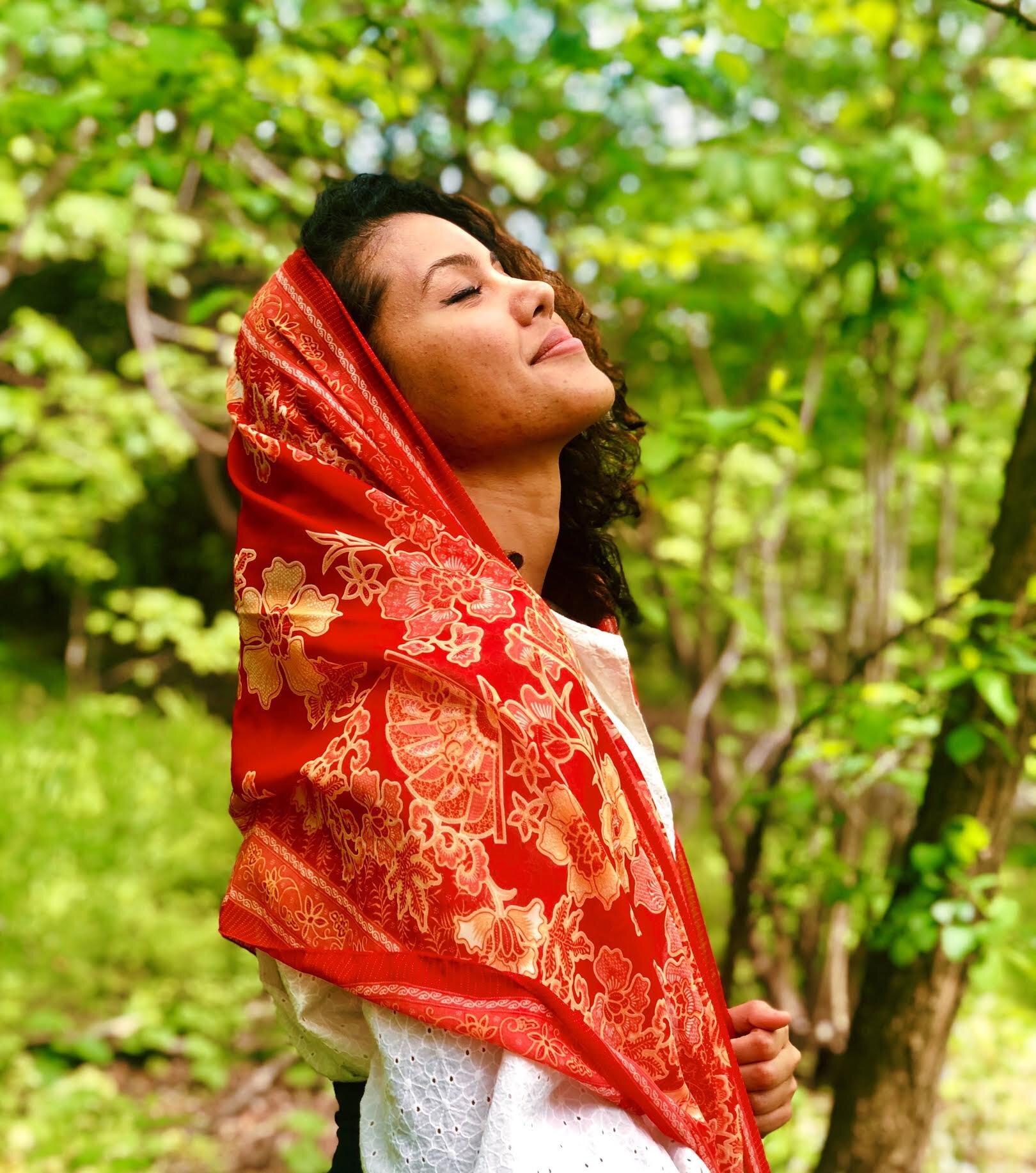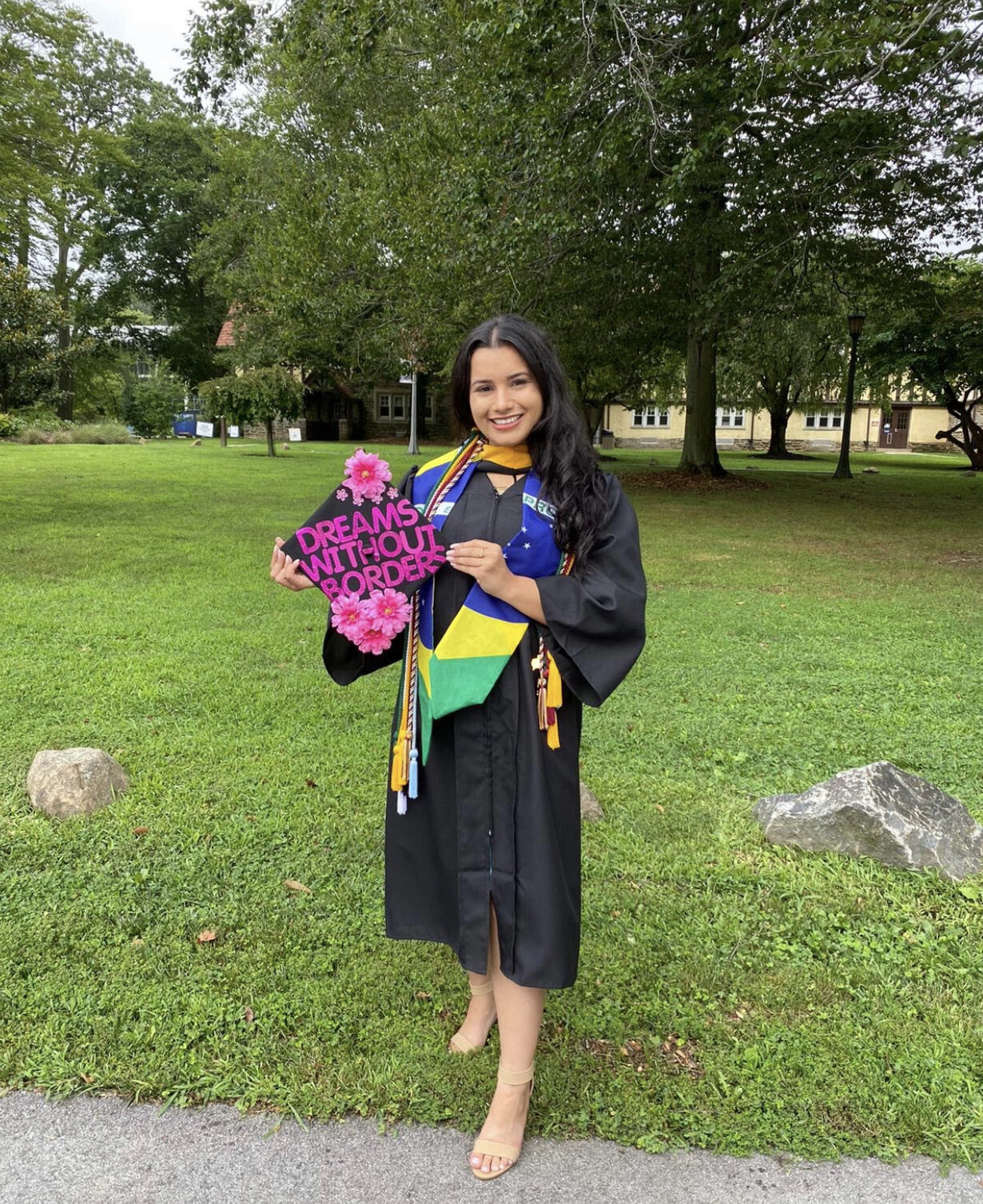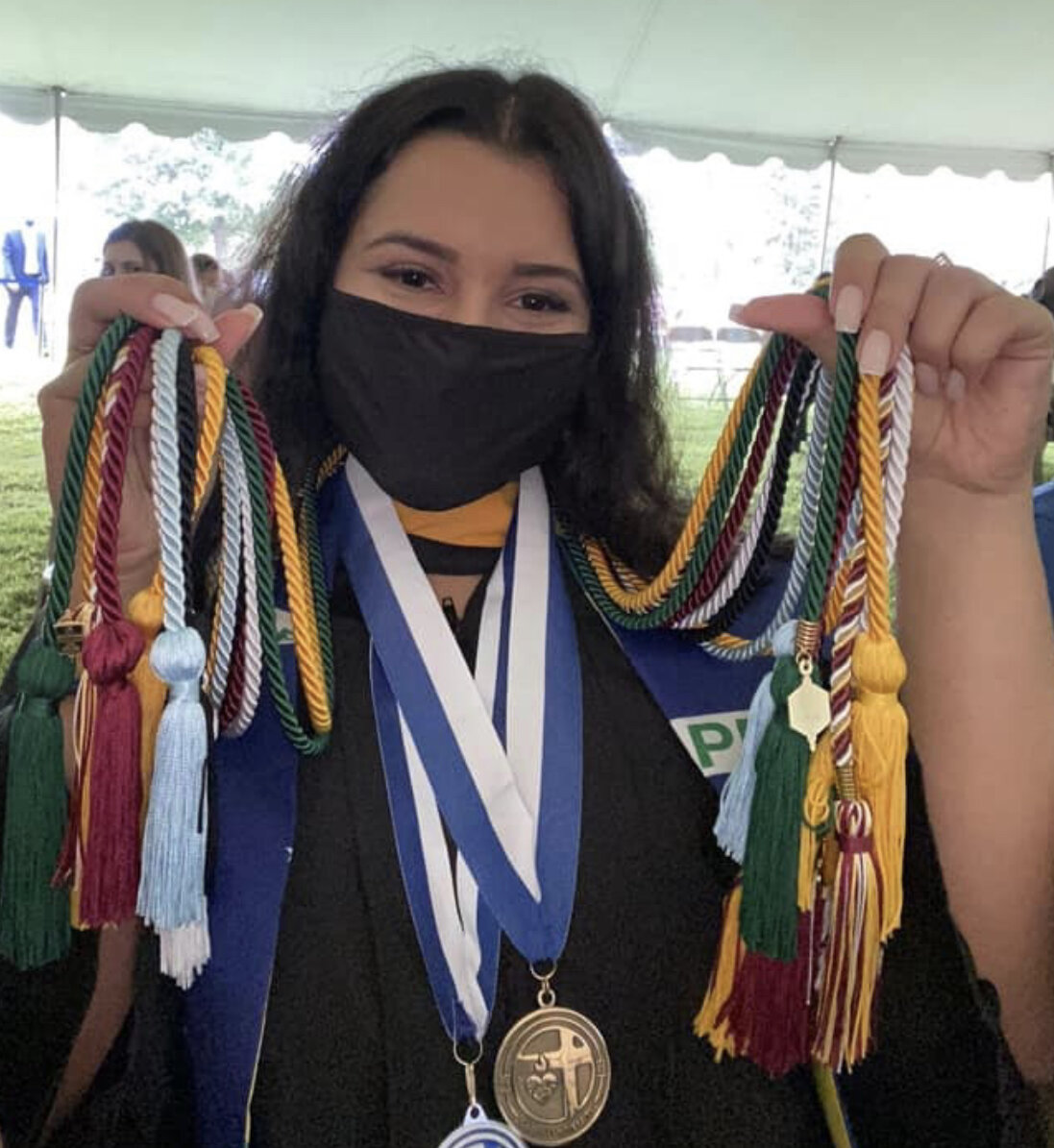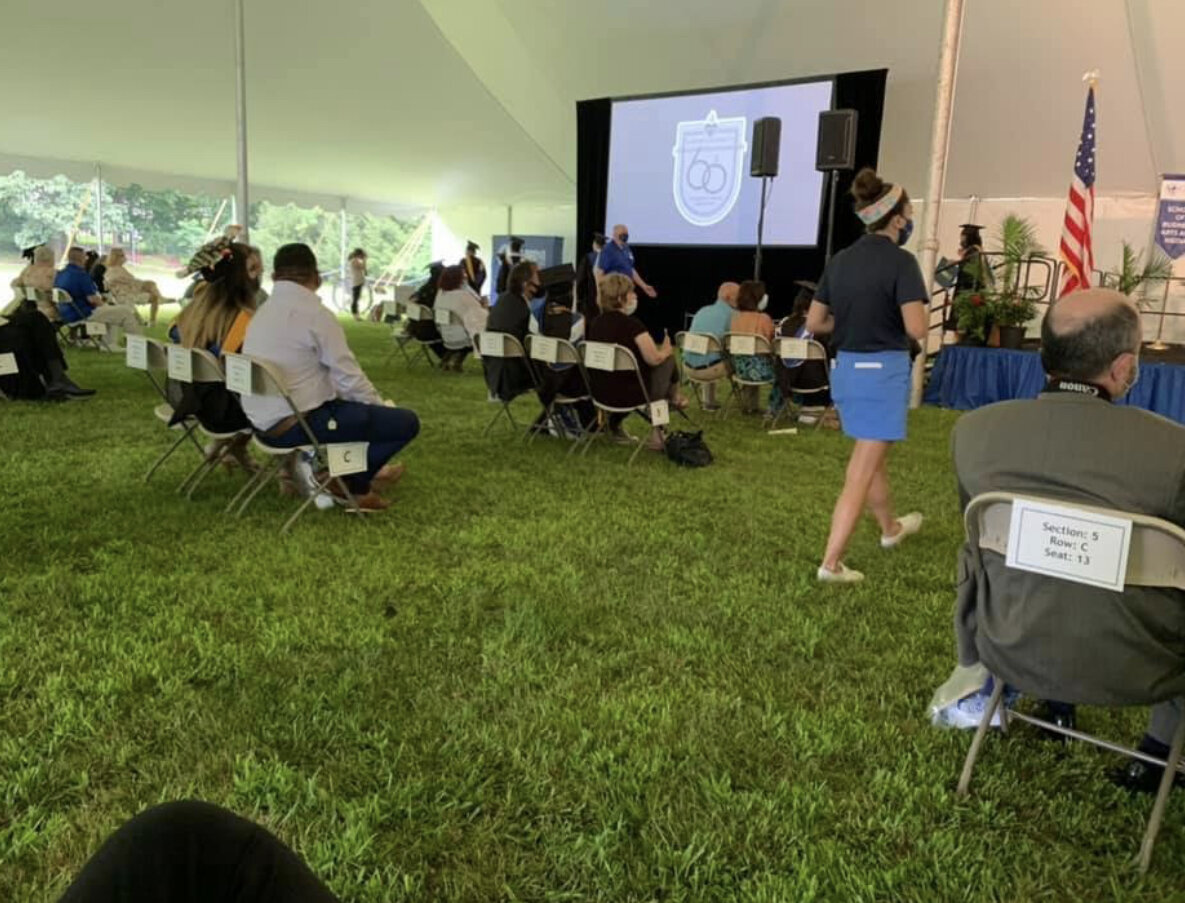DACA GRADS DURING TIMES OF COVID
For those unfamiliar with the Deferred Action for Childhood Arrivals (DACA) program; it is a type of administrative relief from deportation. Under DACA, those who are young undocumented immigrants are protected from deportation and can acquire work permits. The Trump administration in efforts to advance it’s strong anti-immigration policies has made several attempts to end the DACA program. As of recent, June 18th 2020 to be exact, the U.S. Supreme Court ruled in a 5-4 decision to reject the Trump Administrations bid to phase out the program. A major issue being confronted by lawyers for DACA applicants are that the United States Citizenship Immigration Services administration has stopped accepting first-time applications into the program although they should be.
In honor of all DACA application, theGirlMob is highlighting two DACA graduates who have proven to be resilient and magnificent voices of a generation that refuses to allow anything to block their shine! Say Hello to Riyana Zafira Razalee and Fabrine De Oliveira as they share their stories.
Riyana Zafira Razalee
Graduation Ceremony Location: My Kitchen
Late 2019: My family booked their tickets to fly from Asia to NYC for my graduation
December 2019: Masters program done & dusted
March 2020: NYC took its COVID hit
April 2020: I told my family to cancel their tickets
May 2020: I woke up, turned on my laptop, and graduated virtually in my kitchen, still in my pjs, and with a total of one audience member - my housemate.
When I was in my mid-teens, I made an executive decision for myself: I was going to grad school. I didn’t know how, where, or what I’d be studying. But I just knew I had to do it. Admittedly, I didn’t expect the emotional exhaustion that came with it. The amount of rejections from schools that I got began to convince me that my intelligence was at par with a sea urchin. It was a long, arduous journey. However, almost 15 years later from that executive decision, I finally did it. But never did I think I would conclude my journey during a global pandemic. Yes, it’s a cool story to tell people, but that’s not why this experience was important to me.
Like many others, COVID presented an opportunity to have some serious conversations with myself. I kept asking myself, “Am I still doing this for the right reasons?”. The original intent was rooted in a desire to build something that was bigger than myself, something that would last long after I’ve passed on. As more and more questions popped up, I tried to compartmentalize other feelings.
I feared for my life, knowing fully well that just outside my four walls, hundreds of people were dying in this city that I now called home. I was also afraid for my family’s life, not knowing how I would get home in time if anything happened to them.
Borders were being shut one-by-one, and governments were changing policies every other day. I didn’t know whether I should stay in NYC, the hub of the pandemic at that time, or expose myself to COVID by flying home. Amidst all this chaos though, I could feel something happening internally. I knew I had to allow my “internal Q&A session” to keep running. I got a significant answer on my graduation day. Surprisingly, I didn’t care that I didn’t have a graduation ceremony. I was content beyond belief. Why? Through those internal queries, I was reminded that my fight to get to grad school was not driven by a desire to have that single moment of walking down the graduation stage.
I had already gotten what I wanted out of school: a space to grow my mind in my own time, a chance to push myself towards things that really meant something to me, and a clear vision of the world that I wanted to build.
My physical graduation stage may have been my kitchen. But my mental graduation stage was a view of the future world I hope to build. And that was more than enough.
Fabrine de Oliveira
When I received the email from my university confirming that graduation was going to be postponed due to COVID-19, I was completely bummed out. For some reason, I yearned for the experience of walking across that stage since I entered the United States through the border nearly 17 years ago. I have always idolized graduating college and have contemplated what that moment would feel like since the day I stepped foot in the U.S.
To cross the border at 6 years-old is no easy task. Shoot, who am I kidding? It’s not an easy task for an 18 year-old either. Frankly, there’s never a “right” time to take on that journey but those who embark in it understand that the sacrifice is very much necessary.
To be in America has always been viewed as a privilege to me. To study here and obtain a degree from a U.S. university is mind-blowing — the definition of a dream come true. Just thinking about it gives me the chills.
As a first-generation DACA recipient, graduating has always meant so much more than just receiving a degree in the mail with my name on it followed by the lovely Latin phase “Cum Laude.” I needed my family to recognize that all of their sacrifices were not in vain and all of their hard work paid off because now they have a college graduate in their corner. In order to honor them with this recognition, it meant everything to me to be able to walk across that stage for my degree.
Luckily for me, my institution rescheduled graduation for the first week of August and although my entire fan base (family and friends, duh!) were not able to be present, my mom and dad were there. They were all dressed up beautifying the masked (literally— thanks COVID!) audience. We had three seats reserved just for us. My dad was on my right and my mom to my left. I was in the middle with at least seven Honor Society cords dangling over my neck as well as two medals in recognition of graduating from the Honors Program and for graduating with distinction. I noticed my parents looking around at other students and then back at me.
The sparkle in their eyes let me know that they were oh, so very proud of their daughter! This was a priceless moment. I walked across that border for this very moment and IT WAS HERE. I was ecstatic!
I wanted to do this college thing but God knows I didn’t want to just do it. I wanted to do it WELL, like realllllllllllly well. This is major in my Brazilian community. I have always understood that this degree was intended to be more than just a degree. My accomplishment represents so much more. It’s deeper than words. It is not hard to get a degree in America when you have money—yes sis money TALKS— or you can tap into a gazillion of resources, a common one being LOANS. DACA recipients along with undocumented and sometimes even international students do not have access to such resources. It is a lot of times based on the students’ merit scholarships and outside donors or organizations like ALPFA and NABA supporting students like us. It’s not easy but it can definitely be done, even during a pandemic.
In fact, this pandemic almost took away this experience from me, but God paved the way and allowed me to cross that stage in Radnor, PA to finish what I started 4 years ago. I share my victory with all of my fellow Dreamers and first-generation brothers and sisters.

